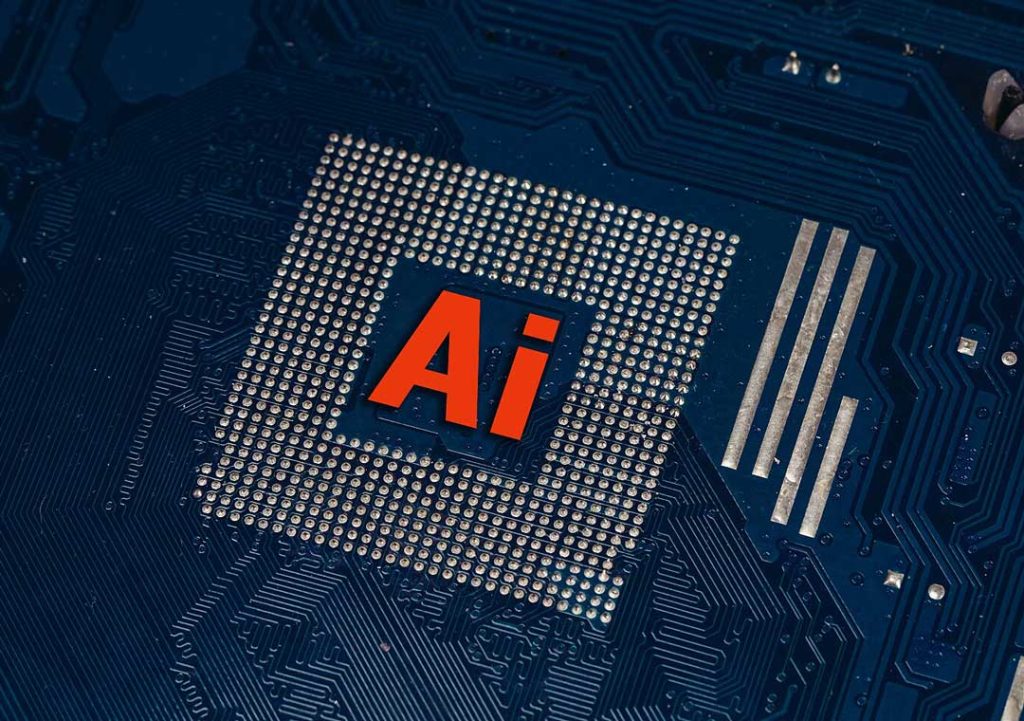
Vikas Agarwal, an expert in Artificial Intelligence, Machine Learning, and Cloud Computing, writes a special column for Deccan Mirror how to tackle AI Bias.

Google Gemini’s picture generator has revived a vital debate: AI bias. Despite the sophistication of their algorithms and the size of their datasets, artificial intelligence systems are nevertheless subject to the same biases that imitate human decision-making. These biases are more than just technological defects; they are manifestations of societal injustices ingrained in the data and development process.
For example, Gemini’s refusal to generate photos of white people provoked extensive debate regarding justice in AI results. Similarly, Amazon’s 2018 decision to discontinue a recruiting tool that favoured male candidates demonstrated how AI might perpetuate biased behaviors. These examples serve as harsh reminders of AI’s fallibility and highlight the potential hazards when biases go unchecked.
AI models generate outputs from massive volumes of training data, sometimes measured in gigabytes. These datasets are intended to represent an array of human experiences, but if they excessively favour specific demographics, behaviors, or results, the AI is forced to replicate such imbalances. For instance, if a dataset primarily consists of images of men in leadership roles, an AI model trained on this data might struggle to fairly represent women in similar contexts.
Beyond the data, the algorithms themselves play a pivotal role in shaping AI’s behaviour. A well-crafted algorithm can mitigate biases rather than amplify them, but achieving this requires meticulous programming and rigorous validation. Developers must anticipate potential pitfalls and design systems capable of recognizing and correcting skewed outputs.
Human oversight is another crucial factor that leads to AI bias. Proactive monitoring can ensure that AI systems remain impartial and aligned with ethical standards. By prioritizing diverse datasets and implementing robust testing frameworks before deployment, developers can foster AI systems that are not only technically advanced but also socially
responsible.
As AI continues to shape industries and societies, addressing bias is more than a technical challenge—it is a moral imperative. Ensuring fairness and accuracy in AI outputs will determine the trust we place in these systems and their potential to enhance, rather than undermine, human progress. Only by addressing these challenges can AI fulfill its promise as
a tool for equality and innovation.